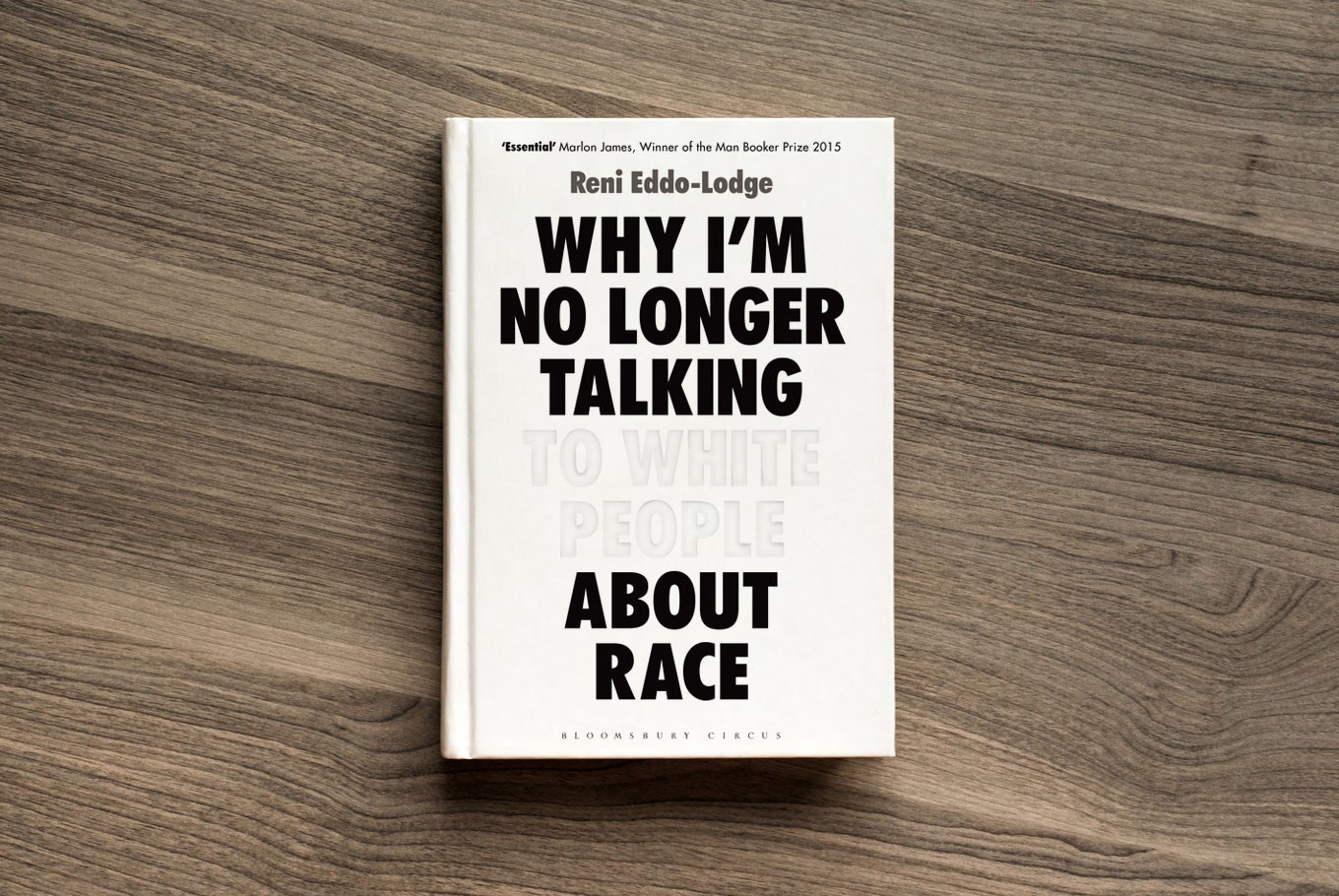Popular Reads
Top Results
Can't find what you're looking for?
View all search resultsPopular Reads
Top Results
Can't find what you're looking for?
View all search resultsBook Review: Eddo-Lodge tackles white majority's denials of racial prejudice
Most of the white majority seems oblivious to the scope of racism and their role in perpetuating a system of discrimination.
Change text size
Gift Premium Articles
to Anyone
W
span id="docs-internal-guid-208b5980-7fff-330f-ef26-cc621e2fea35">Why I’m No Longer Talking to White People About Race began as a blog post in 2014, when journalist Reni Eddo-Lodge vented her exasperation with how conversations about race usually turn out, with white people claiming that "this is not always about race" or that they "don’t see race at all".
This denial and "emotional disconnect" from the majority, whether outright or subtle, belittle the experience of the minority. It’s as though white people are saying that racism does not exist, because we live in the same society but they don’t experience it, neglecting the obvious fact that they don’t experience racism because they are white.
“Their intent is often not to listen or learn, but to exert their power, to prove me wrong, to emotionally drain me, and to rebalance the status quo,” Eddo-Lodge wrote on her blog. “I’m not talking to white people about race unless I absolutely have to.”
But then, after she hit publish, the award-winning journalist found herself in constant urgency to talk about race. Three years after her post, Why I’m No Longer Talking to White People About Race had grown into a 272-page book published by Bloomsbury, available at all major Periplus outlets in Indonesia.
Over seven chapters, the book tackles the history of racism in Britain, white privilege, white anxiety and the fear of a black planet, intersectional feminism and class. The context might be local, but its substance transcends borders.
Merely reading the book is an example of how the majority and the minority experience things differently. As a minority, I found some of the stories and observations to be painfully relevant, if not outright obvious. The plight of black people in Britain resonates with the stories of minorities everywhere; Eddo-Lodge simply articulates the feelings, from anger to disappointment, into words.
But the conversation on race does not only revolve around what it means to be black, but also what it means to be white and the privileges this brings. Eddo-Lodge points out that all too often, white people overlook "structural racism" – as she calls it – because they have the upper hand. To advocate for color-blindness and against affirmative action for the sake of meritocracy "is an exercise of willful ignorance".
For anyone who has never had to think about race because they number among the majority, many parts of the book might come as a slap in their face. But Eddo-Lodge is not writing here to beg white people for their help in the fight against racism, but to confront them in their complicity and treacherous silence.
Why I’m No Longer Talking to White People About Race jumpstarts a long overdue dialogue on race, without the comfort of denial afforded by the luxury of privilege. (wng)
-------------------
Reni Eddo-Lodge is appearing at the Ubud Writers and Readers Festival 2018, held Oct. 24-28 in Ubud, Bali.












